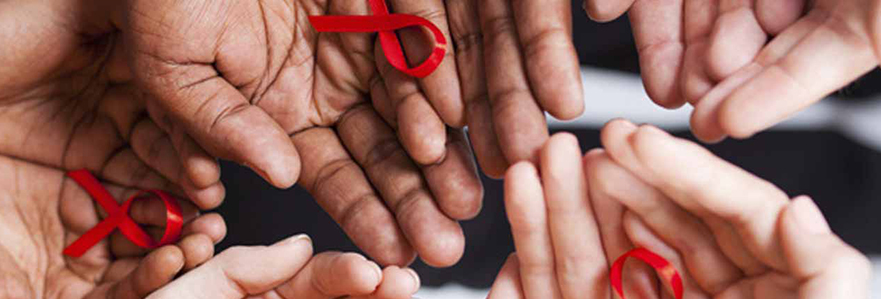
Since the discovery of the acquired immunodeficiency syndrome (AIDS) in 1980, a limitless pot of money has been spent on research as people look for an effective cure and vaccine. Aids is a disease which is a serious threat to human health and life.
Research Reveals AIDS a serious Threat to Human Life
Didier Raoult was born in 1952, and as a French biologist, he not only teaches infectious diseases but has also created the Rickettsia Unit at the Aix-Marseille University. More recently, the Institut Hospitalo Universitaire (IHU) was also opened and is dedicated to the study of infectious diseases, providing research, teaching and care all under one roof. Many strains of HIV exist and certainly, some of them are more deadly than others. The IHU Méditerranée is regarded as one of the leading centres in the world for research and care. People who are immune compromised, are more susceptible to many other infections and often it is those very infections which bring death in the HIV infected individual. AIDS is a complex disease and many who have been diagnosed with the disease require not only providing the immune system with the adequate tools to ensure the longest life possible, but to be motivated and encouraged too.
Support for your Mental and Emotional State
Fortunately, HIV programs make use of support groups to provide information to people living with HIV. The benefit of these support groups is that they serve the purpose of enlightening people about the disease, but also to share experiences, encouraging disclosure and to try and reduce the stigma and discrimination which comes with the disease. With psychological support, the HIV patient can discover ways of coping and be encouraged to take their cocktail of antivirals. It is believed that this psychological support can be further maximised when the support group focuses around certain criteria, such as for pregnant women, men having sex with other men, women only groups, men only groups, support groups for teenagers and so on. People battling with HIV/AIDS can be grateful for the enthusiasm, encouragement and support available today from people who provide them with the latest information. When you are sick and in need, it can be a lifeline to have this information and support which contributes to success in treatment.
Medical Therapies and Support Combine to Treat HIV/Aids
Nothing is more important than health and happiness. For many people, hearing that they have AIDS is like a death sentence, but that is precisely why psychological support is so important – as it can relay the good news to the patient that their HIV infection is actually now a chronic, manageable disease. There are people who can't cope with the doctor's verdict that they have the disease and they fall prey to anxiety and depression or some other mood disorder. When you're anxious and depressed, you become debilitated so that your quality of life is compromised. Some people are so depressed that even forget to take their medications which can lead to reduced CD4 counts and other bad health outcomes. In the 21st century, the HIV/AIDS epidemic has spread, affecting millions of people all over the world. It is the leading cause of death in Sub-Saharan Africa. Even with so much research, it continues to be a major global public health issue, with a huge percentage of adults and children receiving lifelong antiretroviral therapy. There are many success stories with the treatment of HIV/Aids and with ongoing psychological support, people can learn about the major modes of transmission, which people are more likely to contract and spread HIV and how to change and adjust your life.